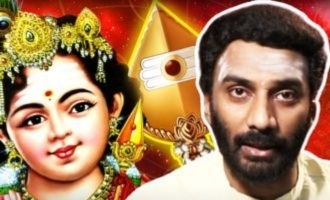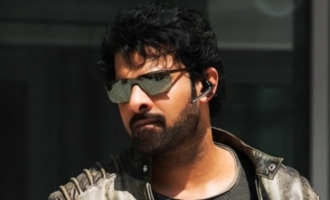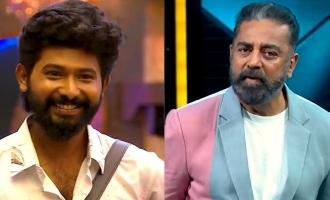Suhasini on being Maniratnam's wife


Send us your feedback to audioarticles@vaarta.com


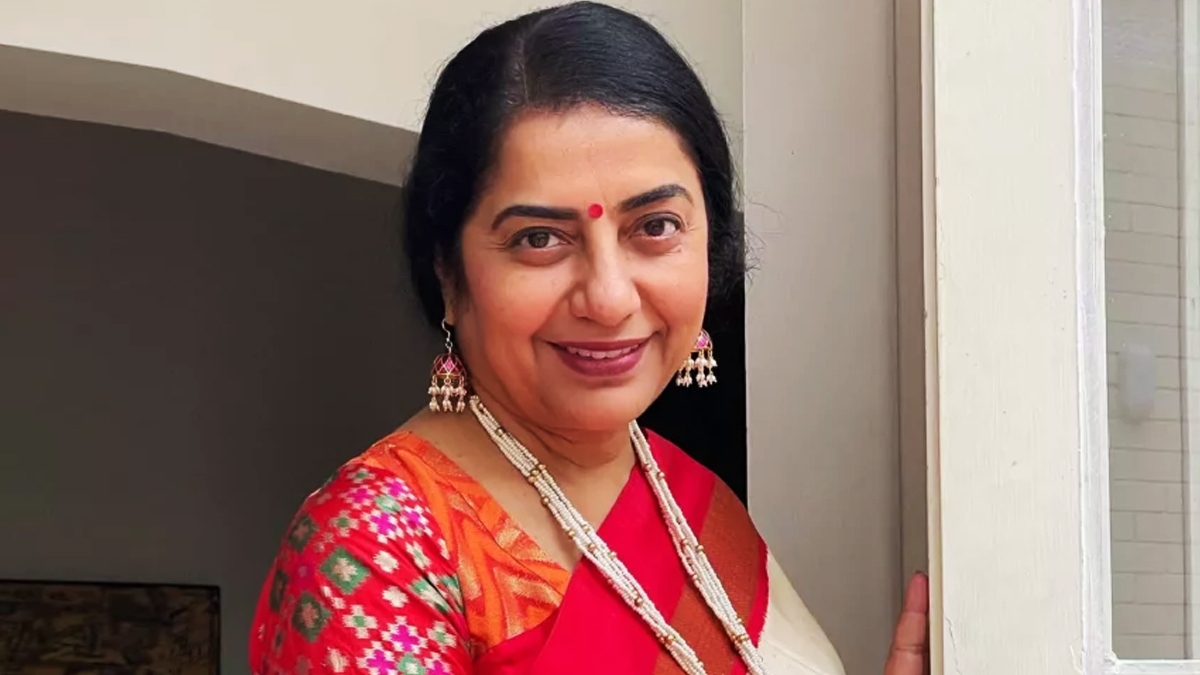
Suhasini, the wife of renowned filmmaker Mani Ratnam, participated in a thought-provoking session titled 'Making New Myths - Recreating the Old.' During this session, she addressed various compelling issues and provided insights into her perspective.
Suhasini began by candidly stating that "being Mani Ratnam's wife is a full-time job.' This acknowledgment reflects the immense influence and significance of her role in supporting her husband's illustrious career.
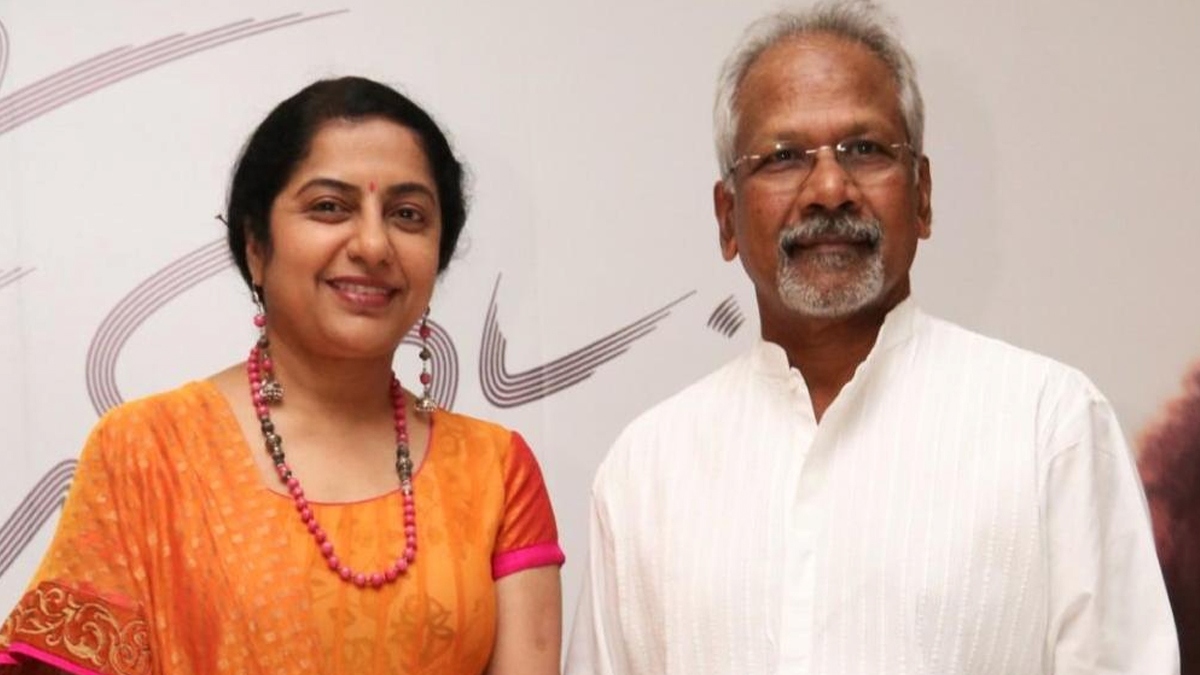
She went on to express her belief that the current sociopolitical climate would pose challenges for a filmmaker like Mani Ratnam to create iconic films like 'Dil Se' or 'Bombay.' Suhasini highlighted that politics has become an inherent part of Indian cinema, often portraying politicians as antagonists, particularly the local MLA. However, she stressed her desire for a more nuanced portrayal of politics in films, similar to the approach in movies such as 'A Wednesday' (2008), 'Bombay' (1995), 'Roja' (1992), and 'Iruvar' (1997). She emphasized her preference for films that engage with politics in a meaningful way, rather than merely exploiting it for commercial gain.
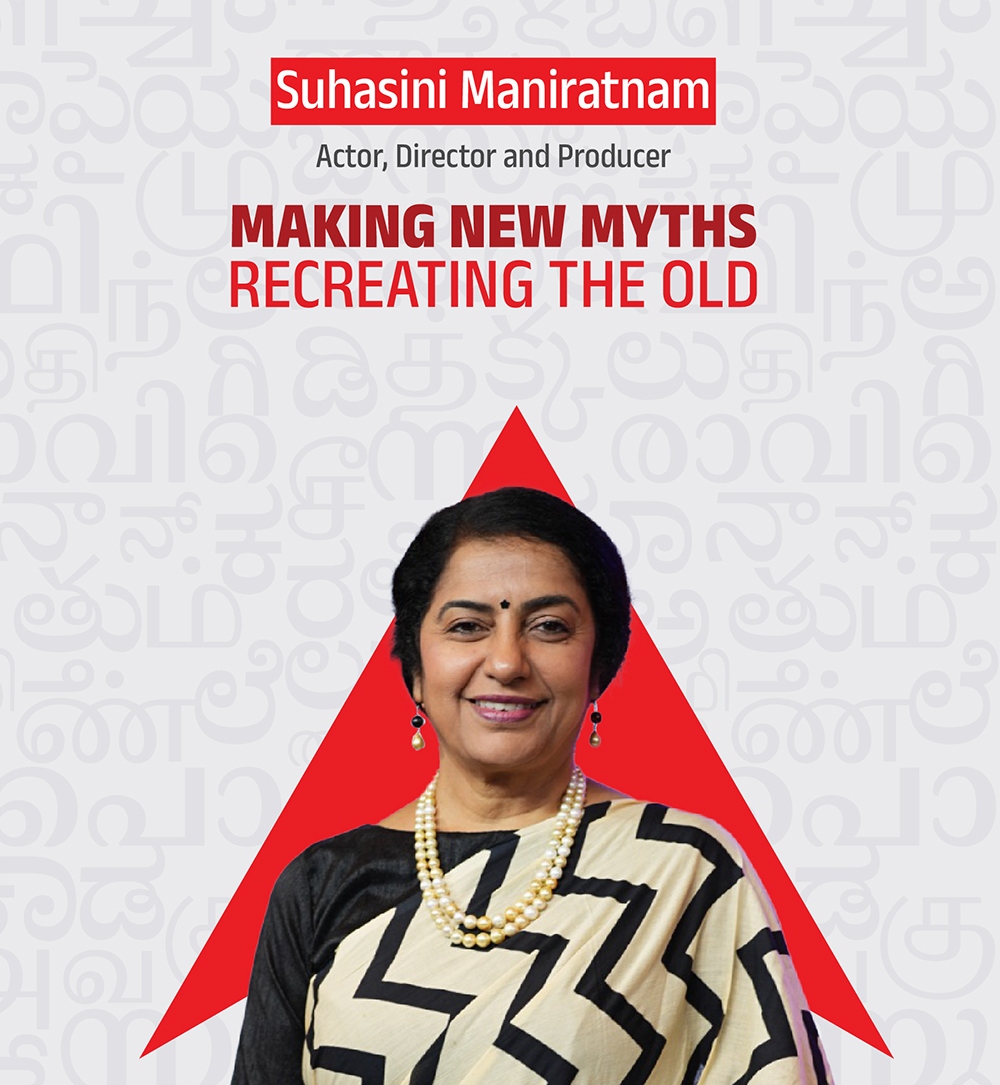
Suhasini expressed her concern that such exploitative representations of politics in cinema blur the line between the politicians being critiqued and the filmmakers themselves. She believed that this approach doesn't contribute to good politics in cinema.
In her remarks, Suhasini also referenced Shabana Azmi's comments, highlighting that even classic films like 'Sholay' would face challenges in today's landscape, where every aspect of cinema seems to trigger debates and arguments, with politics being one of the easiest topics for dispute.
Furthermore, Suhasini shared her thoughts on Mani Ratnam's historic epic, 'Ponniyin Selvan.' She candidly revealed her initial reservations about the film due to past challenges with political-historical films. However, the success of 'Ponniyin Selvan' was attributed to the enduring cultural significance of the story, resonating with people even before its cinematic adaptation.
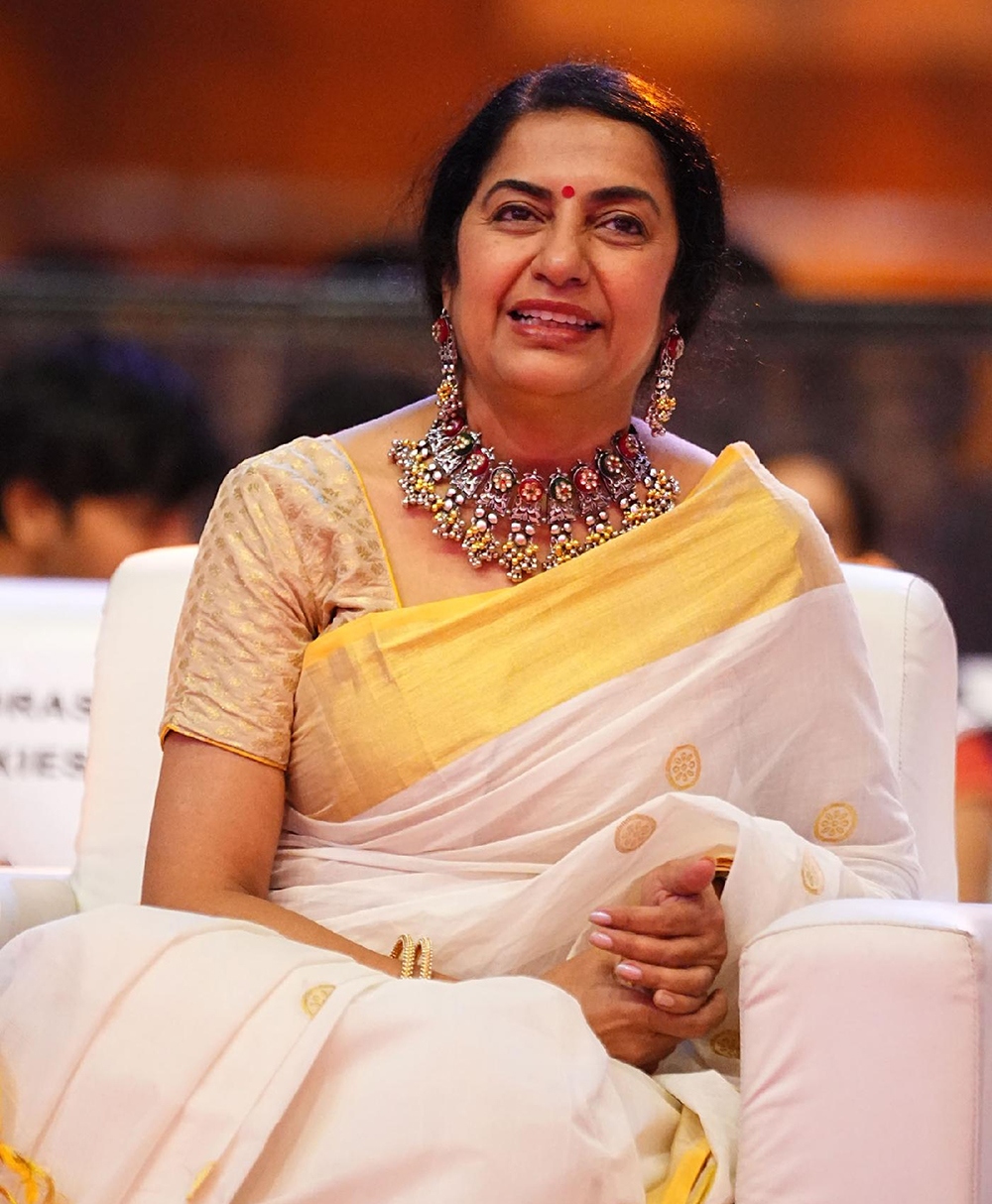
Suhasini's insights provide a unique perspective on the intersection of cinema, politics, and storytelling, shedding light on the challenges and opportunities faced by filmmakers in the ever-evolving cinematic landscape.
Follow us on Google News and stay updated with the latest!
Comments
- logoutLogout





 Follow
Follow


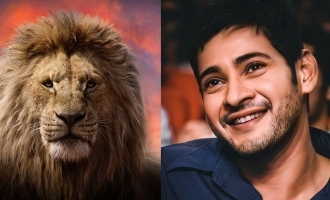
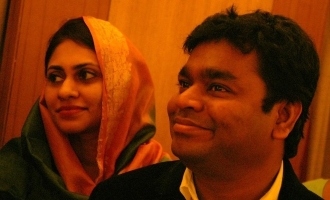
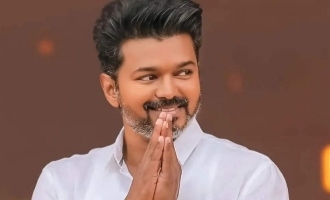
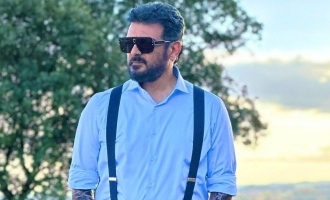
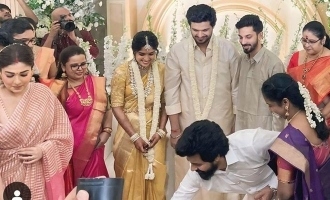
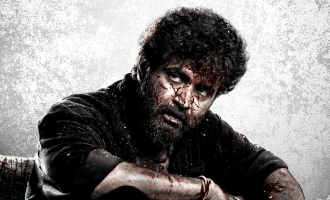
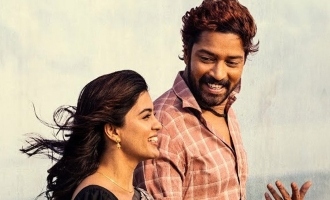
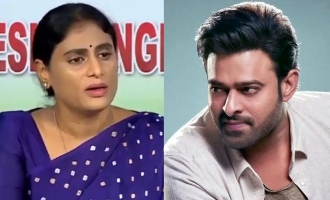
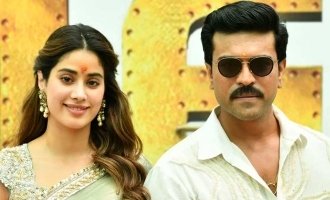
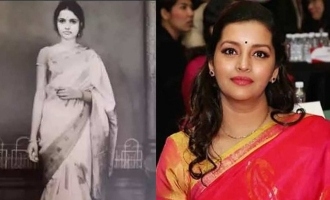
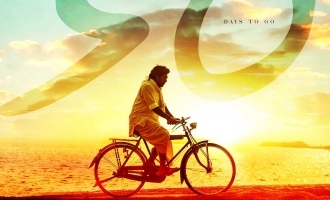
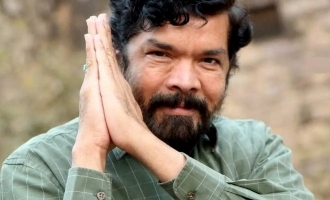
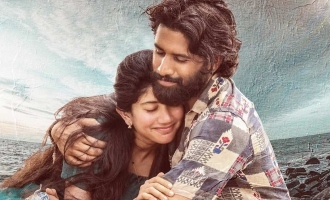
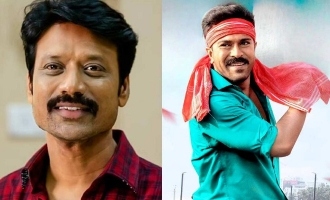

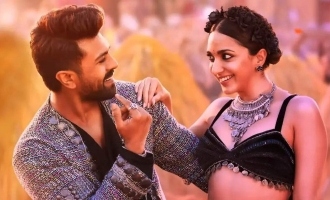
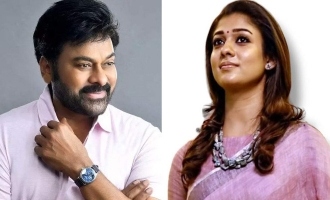
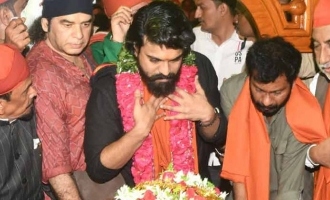
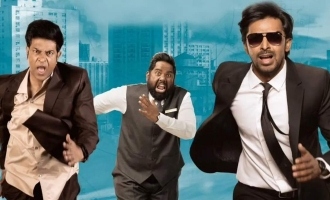
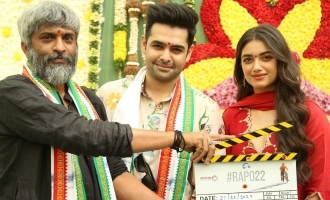
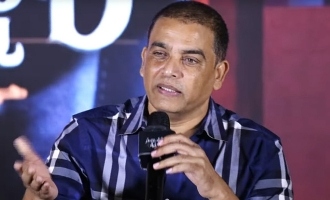
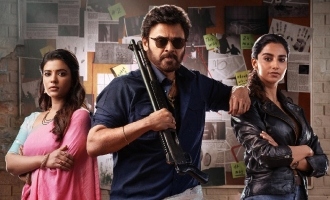
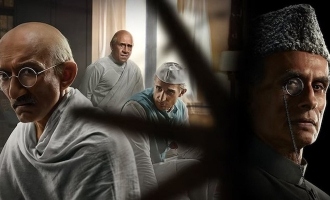
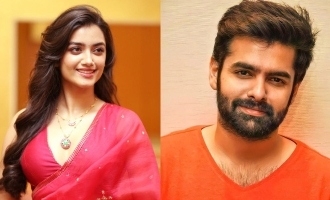
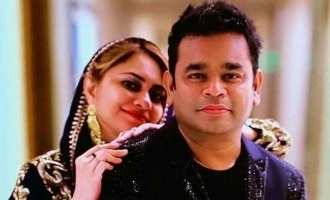
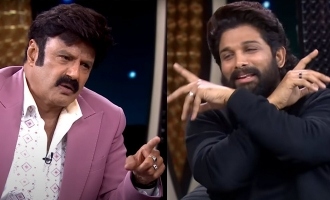
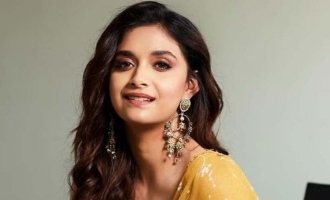
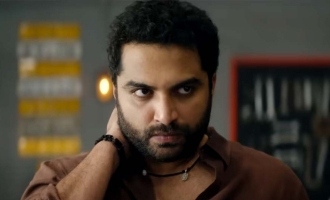
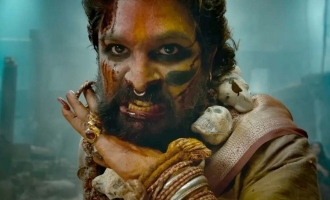
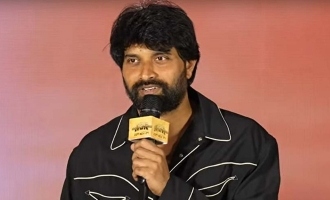
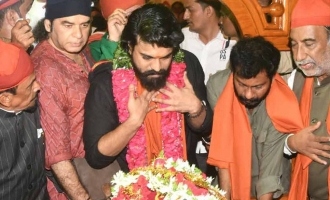
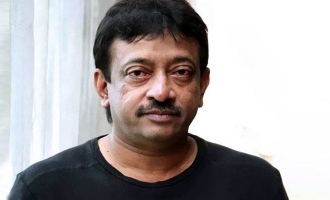
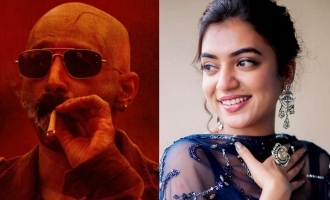
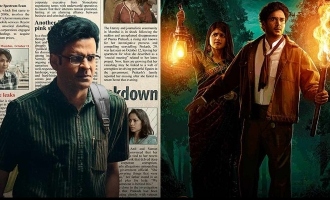
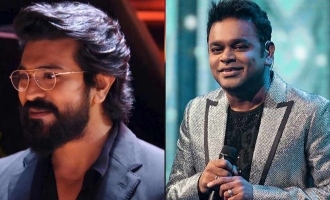
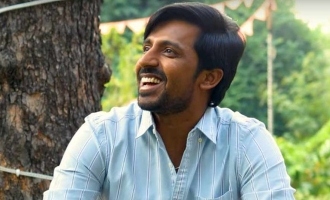
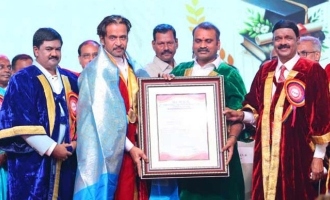
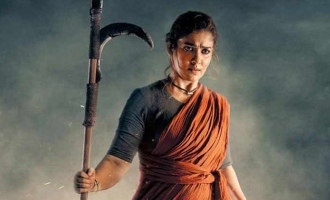
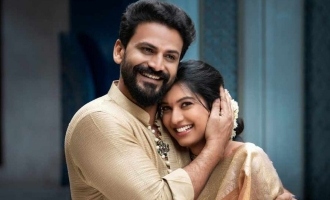
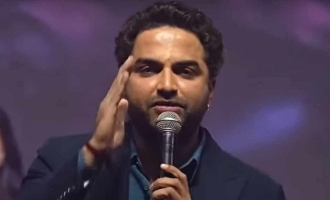
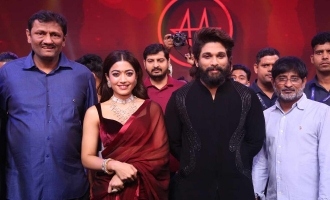
-a3e.jpg)
-3c4.jpg)
-e5c.jpg)
-e66.jpg)
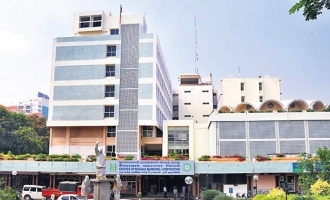
-71b.jpg)
-5d5.jpg)
-adc.jpg)
-798.jpg)
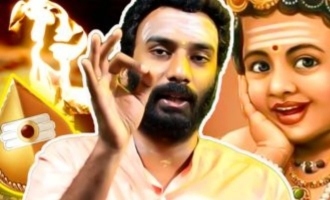
-7c2.jpg)
